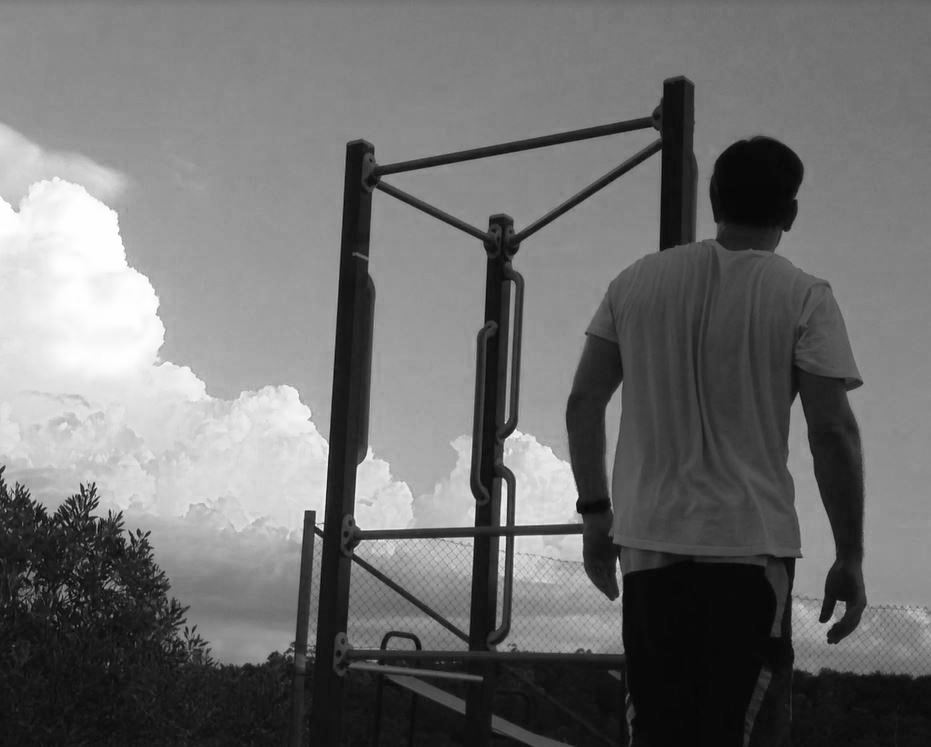One of the burdens of being Alcoholic and being prone to depression is sometimes being over critical of one’s self. While it is important to recognize our character flaws and correct them sometimes we can also be over hard on our selves. Being sober we now expect excellence from our selves all of the time. Where as before we demanded standards and qualities of others that we were not prepared to display . We need to learn to be easy on ourselves and take it slow. Persistence and consistency is the key in our journey of self improvement. As Epictetus suggested, we endure and renounce. Along the way we need to remember to pause and reflect on how far we have come on the journey. We should at intervals look back at the distance traveled and take stock of our lives.
When I made one year sobriety I paused to reflect on a year without alcohol. I was still new at recovery and the foundation I had built was unsteady. My emotions were still raw and I was still quick to anger and prone to panic. I had completed many of the steps and was almost zealous in my pursuit of spiritual knowledge. By the third year I had calmed down and become more settled but still lacked a great deal of emotional maturity. Along the way I had discovered the Jedi Path and it helped me approach recovery as a spiritual, mental, emotional and physical pursuit. This allowed me to grow as a complete human being rather than just focusing on one or two elements.
Recently I achieved five years sobriety. Despite the many congratulations I received from people in the recovery community I see no reason to celebrate. It is however a milestone and an opportunity to pause for reflection. Along the way I have learned not to think of life in terms of a projected future. Those “where do you see yourself in five years” questions asked at professional development interviews always throw me. My goal is only to be sober today and “God willing” sober tomorrow (do not say this at an interview). I take nothing for granted and remember that everything I have today may be gone tomorrow. For this I remember to be grateful for what I have. I do not waste time living for the sake of trying to get to a desired outcome. Life is not about amassing material wealth that soon gathers dust. If we wait for life to provide our definition of happiness before we are content then we are sure to be disappointed or at the very least contented only for a brief time. In my case I will probably be well over 70 before I retire!
I took the Stoic Week questionnaire and my “Life Satisfaction” score was relatively low. Perhaps I was being a little too “stoic” in my answers*. The truth is that despite the low score I am in a far better place than I was five years ago. We need not be unhappy about being unhappy. People believe that to have a life worth living we must be happy all the time and to be otherwise is to be a candidate for anti-depressants. Life of course is far more complex than that and emotions are a part of being human and to be embraced. We cannot control our emotions nor can we control much of what life throws at us but we can decide how to respond to both as they arise. Despite the moments of self doubt and the fear of uncertainty and the sense that life is accelerating to an end point there is always another day to get things right. Life is to be lived and lived “one day at a time”.
Lists
In the 12 Steps we write an inventory twice; once for all the faults and flaws in our character and another list of all the people we have harmed along the way. The lists prime us for action; we determine to give up our faults and become better people and we resolve to make amends to those we have listed as far as it causes no harm to them or others. We get out of ourselves and we get to work. Steps, 4-9 are the hardest and also the most rewarding.
So how do we take Stock of our lives? The Stoics were not big on writing out inventories and lists however both can help.
- What are you grateful for? List the top five things in your life that matter to you.
- What are your strengths? List five virtues and qualities that you have in abundance.
- What are your areas for improvement? This can be anything including communication skills, honesty, diet, self discipline.
- List your achievements; categorize them in to the last year, five years and ten years. This will reveal what you have achieved.
- List your personal goals; set rough targets and be realistic, if you want to learn French in the next 2 years, write it down. If you want to train for and run a Marathon in six months, right it down. You consider yourself an angry person and want to change. Now that you have goals consider how you plan achieve them.
- Ask yourself: Am I living the life that I want? List the reasons for and against the statement. Some aspects of your life may be exactly where you want it to be while other areas may be holding you back. For example you may be excelling in your career but are frustrated by your personal life. Explore the reasons for this. Consider yours answers to questions 1 to 5 when considering this.
Daily reflection is an ancient Stoic practice. These are practices that can be incorporated in to your daily routine:
- Every day on waking up pause to welcome the day. Acknowledge the sanctity of the day as it is a gift. Most people are already in their heads as soon as their eyes open. They imagine all the things that might go wrong and stumble from one day to the next on some mindless trajectory in to the future. One day blends in to the next.
- Pause to reflect on your state of mind. Are you grumpy? Up beat or just desperate for a coffee? I find that how I start the day usually sets the tone for the rest of it. If I stumble out of bed with a negative attitude, it sticks with me all day.
- Appreciate three things, this is gratitude. It might be the blue sky and sun shining through the windows, the smile of your partner offering you coffee or a hug from your child. Breathe in that moment.
- Plan your day and consider how you will respond to it. Marcus Aurelius would remind himself that he would have to contend with the arrogant, the disagreeable and the obtuse through the day and would set himself not to react adversely but to accept them as fellow humans. If you are expecting a tough day, get your game face on and your head in order.
- Fortify your mind. Every day I step outside my door with a theme that I take from the 12 Step slogans. They include “Easy does it”, “Live and Let Live”. “Let Go and Let God”, “Think, Think, Think”, “One day a Time”, “Keep it Simple”, “Progress not Perfection” and “First things First”. I might also use a quote from Star Wars like “Do or do not, there is no try” or “Calm, at Peace, Passive”. During the day I return to these slogans and quotes.
- Apply mindfulness through the day. At intervals pause to ask “what am I thinking” and “what am I feeling”. Negative trains of thought and emotions will be exposed and you will have the opportunity to reset.
- In the evening pause to reflect on the day. Consider what went well and what didn’t. Meditate on it and contemplate how you might respond better in the future. Resist the urge to beat yourself up. There is always tomorrow.
* Never confuse “stoic” with “Stoic”.










